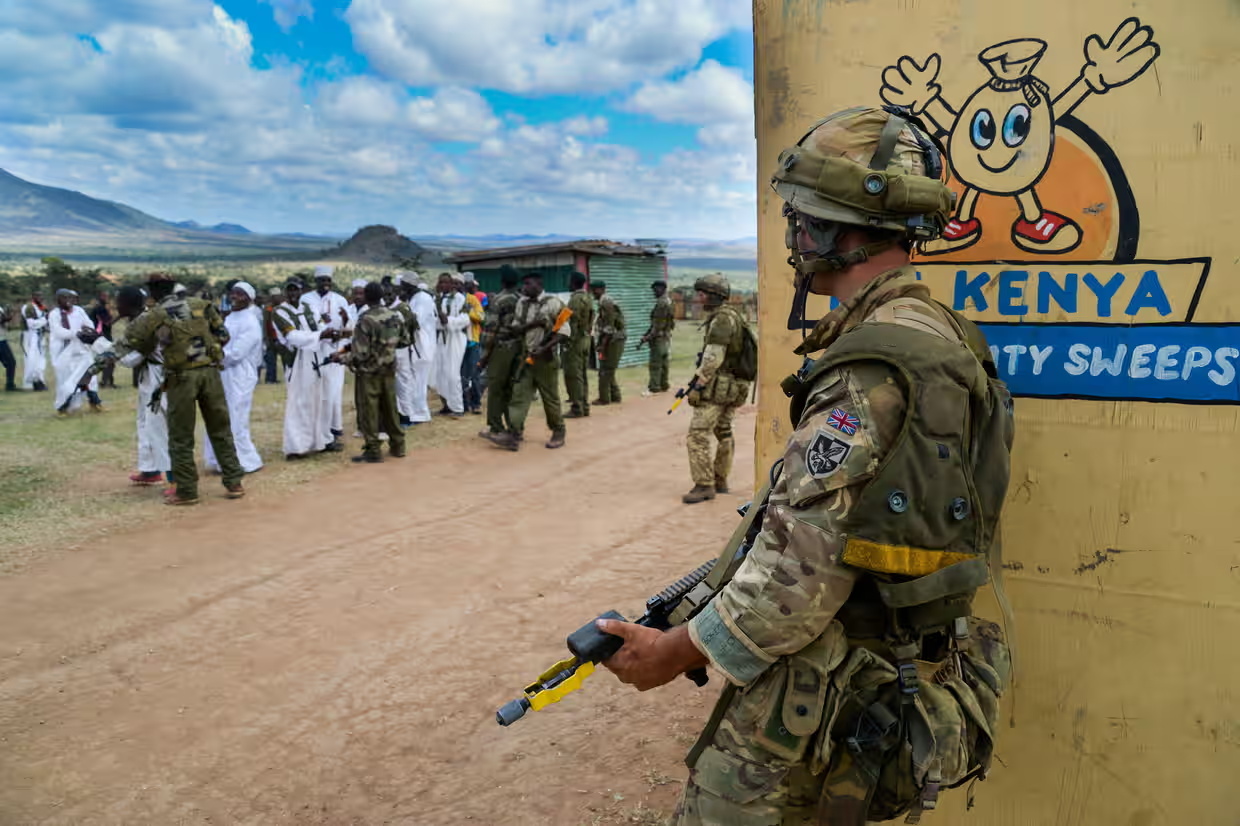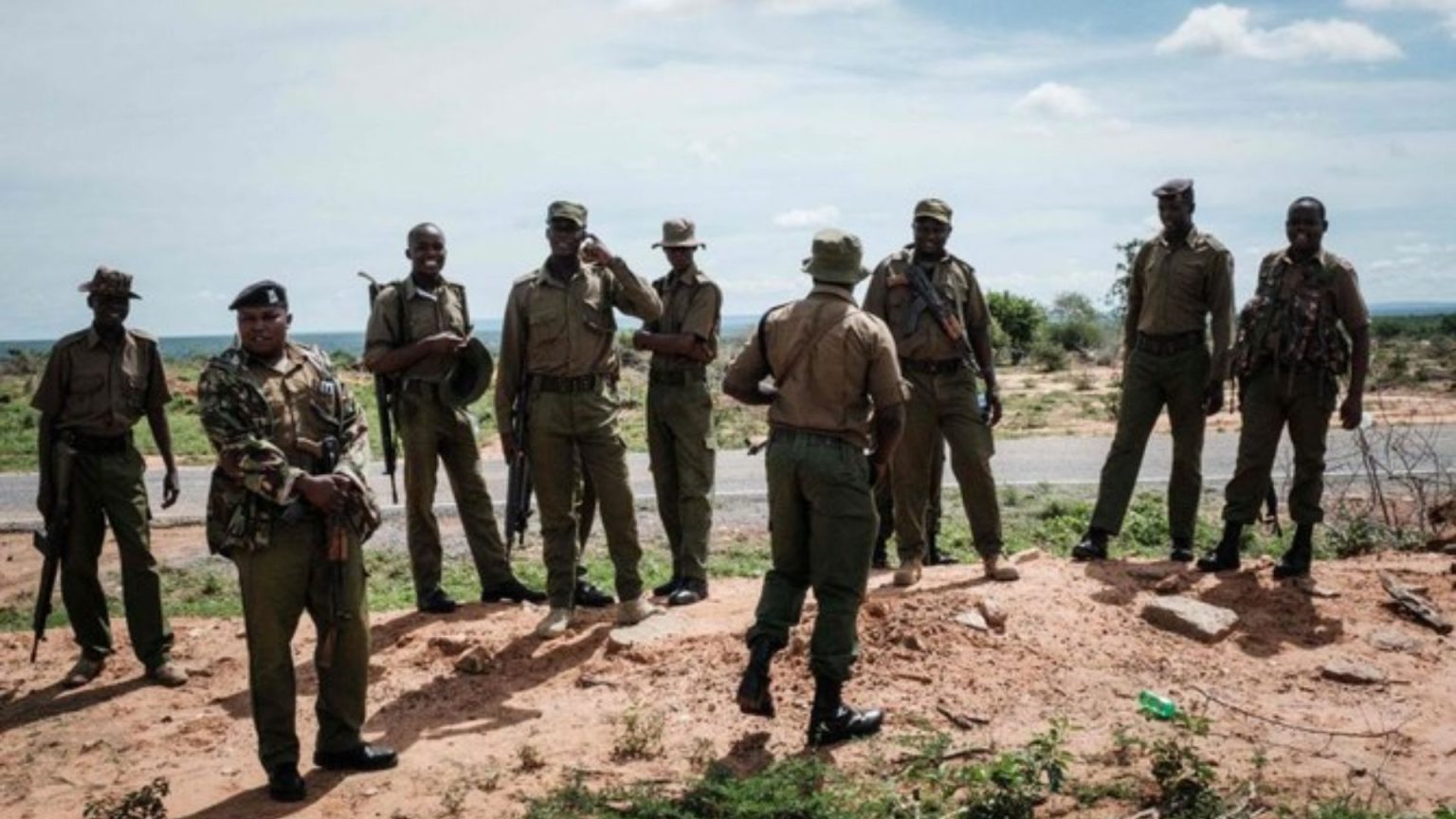The allegations of mistreatment by the British army have prompted the Kenyan government to begin an investigation, which lawmakers fear may have repercussions for the future mission of British troops in the nation.
The probe will focus on the actions of the British Army Training Unit Kenya (Batuk), whose members have been charged with murder, sexual assault, and causing property damage at their base in Nanyuki, around 125 miles (200 km) north of Nairobi.
Table of Contents
Kenyan attorney Kelvin Kubai referred to the investigation as a “significant” step. Since the nation’s separation from the UK in 1963, “this is the first time the British army actions are being evaluated in this way,” he claimed.

In the month of august, members of the public will be invited to bring complaints of any suspected offences or misconduct by the armed forces to Kenya’s parliamentary defence committee, which is in charge of the investigation. Inquiries will start in October. The inquiry panel will ask Batuk to react to the allegations, and before the end of the year, it expects to present its reports to parliament.
Proposals in the report may have an impact on a defensive agreement between Kenya and the UK, which permits the English armed forces to receive training in Kenya.
Why Are Such Actions Needed?
According to Nelson Koech, the chairman of the defence committee, “this could have major repercussions for the defence cooperation treaty, because if we discover that there has been a great deal of activities that spits in the face of [the agreement], it provides us the opportunity to re-look at the arrangement and even to withdraw.”
The extensive review is anticipated to cover Agnes Wanjiru’s 2012 murder. The mother, age 21, was last saw with British soldiers at a hotel close to the barracks. Her stabbed body was discovered in a septic tank at a nearby lodge. A Kenyan inquest in 2019 found that British soldiers were to blame for her death and subsequently ordered additional investigations. No one has been put on trial
The authorities will also look into allegations that military personnel have dropped unexploded explosives on easily accessed territory and that hazardous and toxic substances are being employed during drills that endanger human life. Additionally, allegations of sexual assault will be looked upon. Abuse allegations have hounded the army for years, and new local media reports indicate such examples still exist.
The lack of a “clearcut channel through which victims of British army abuse can seek justice” is a major problem for the public, according to Kubai, who represents people in a case against Batuk alleging environmental and property harm. He stated that even police are confused of how they should handle inquiries involving military personnel.
Kenya-UK Defence Treaty
The Kenya-UK defence treaty was extended in July 2021, but it wasn’t confirmed until April of this year as a result of a wave of protests from neighbourhoods close to the army post and increased ire over Wanjiru’s case following the release of a purported confession to her murder by a British soldier. The treatment of her case by Kenyan and UK authorities has drawn criticism, and the British army has been charged with “cover-ups.”
Nairobi MPs “reservations” about the treaty’s omission of murder as a crime British servicemen can be punished for in Kenya while ratifying the defence agreement.












